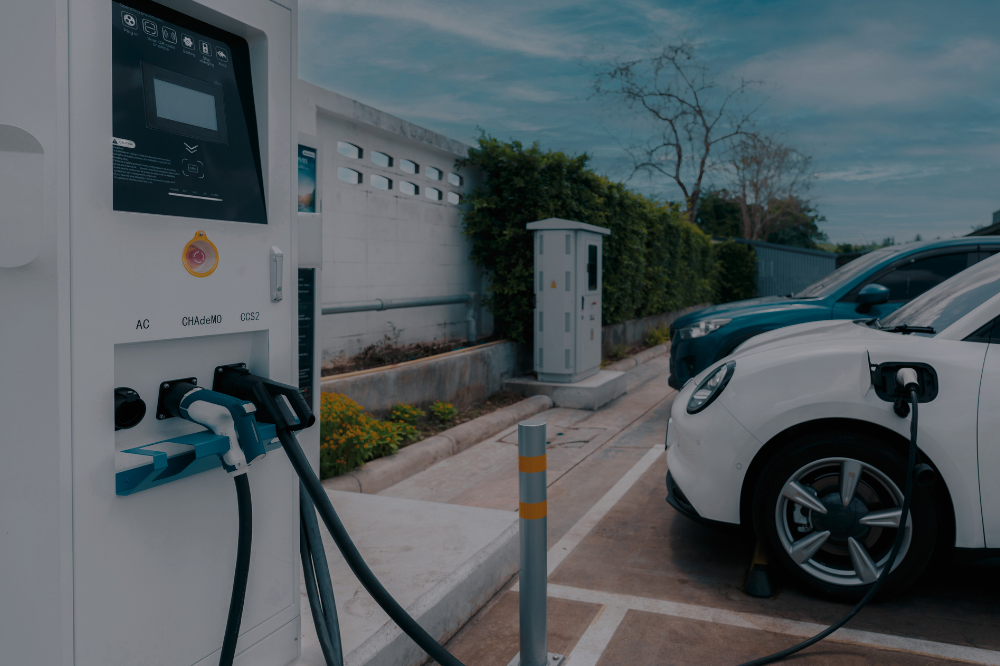For the first time since 2021, consumer interest in Electric Vehicles has declined! Find out why!
In the United States, consumer interest in Electric Vehicles (EVs) has decreased over the past year, largely due to concerns about charging infrastructure and high costs, according to a recent study by J.D. Power, a firm specializing in automotive data and analytics. 24% of surveyed consumers said they were “very likely” to consider buying an EV, down from 26% a year ago. Similarly, the percentage of those “overall likely” to purchase an EV dropped from 61% to 58%.
“For the first time since the study’s inception in 2021, new-vehicle buyer consideration has dropped from the previous year”, the report noted.
Among those who responded with “somewhat unlikely” or “very unlikely” to consider an EV, 52% mentioned the lack of charging stations, which is 3% more than the previous year, making it the biggest concern. Other setbacks included high purchase prices, long charging times, limited driving distance, and the inability to charge at home or work.
Interestingly, those who drive longer distances were previously more inclined to consider EVs. However, this trend has reversed due to falling fuel prices and difficulties encountered to owning an electric vehicle. Only 24% of daily commuters who travel 46 to 60 minutes each way are now “very likely” to consider an EV, a 13% drop from last year.
The study also highlighted differences between first-time car buyers and those looking to add another vehicle. Of the latter group, 68% were “overall likely” to consider an EV, compared to only 47% of those who plan to rely solely on their new purchase.
“As the industry inches toward mass consumer adoption, the main roadblocks to getting consumers behind the wheel of an EV are the continued shortage of affordable vehicles, charging concerns and a lack of knowledge regarding the EV ownership proposition, including incentives. As understanding of EV incentives rises, so does the likelihood of consideration. However, approximately 40% of shoppers say they do not have a solid understanding of such incentives”, said Stewart Stropp, executive director of EV intelligence at J.D. Power.
Transitioning Toward EVs
In 2021, President Joe Biden announced a plan for 50% of all new vehicles sold in the U.S. to be fully electric or plug-in hybrids by 2030. However, the administration’s plan has been pushed ahead.
On March 20th, the U.S. Environmental Protection Agency (EPA) released final pollution standards for vehicles from model years 2027 through 2032. By 2032, the agency’s goal is for 56% of new vehicle sales to be electric, with an additional 13% being plug-in hybrids or other partially electric cars. The EPA claims these standards will prevent over 7 billion tons of carbon emissions and provide nearly $100 billion in annual net benefits to society.
“With transportation as the largest source of U.S. climate emissions, these strongest-ever pollution standards for cars solidify America’s leadership in building a clean transportation future and creating good-paying American jobs, all while advancing President Biden’s historic climate agenda”, said EPA Administrator, Michael Regan.
More than 5,000 American car dealerships oppose Biden’s EV push, criticizing the EPA’s new standards. They argue that the required increase in EV sales far exceeds current consumer interest despite various incentives.
If you want to check out more news and financial tips on our website, you can click on this link!

